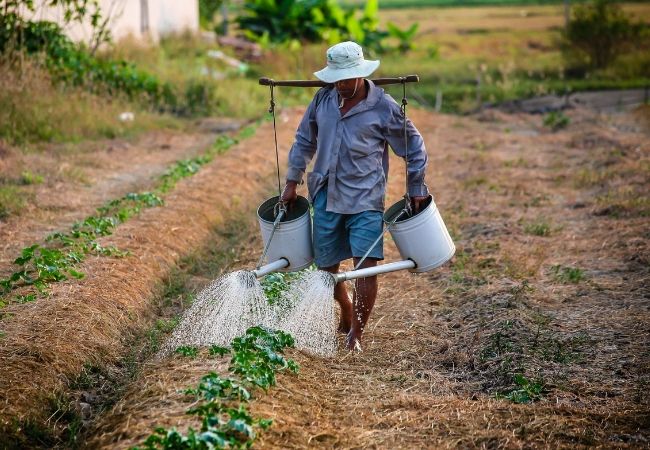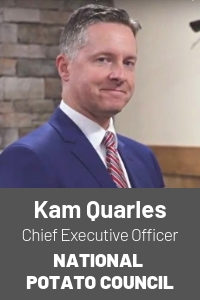
Column: Immigration reform off to imperfect start, but there is time to fix it
With the introduction of the Farm Workforce Modernization Act, the House of Representatives has begun another effort at immigration reform for agriculture. Though the bill is not perfect and doesn’t provide the full solution that American agriculture requires, the bipartisan work that created it is important and merits moving it forward.
This year’s bill (the “Lofgren Bill”) is a mirror of its predecessor that was attempted in the previous Congress. The so-called “Goodlatte Bill” was also an imperfect bill that failed to offer solutions for the entire crisis.
Ensuring this guest worker piece is done correctly is the critical element. As we have seen with the current H-2A program, it can’t provide the workforce agriculture needs, so the result has been a huge “improperly documented” pool of workers who live in constant legal uncertainty and physical instability. The agricultural operations that rely on them are similarly vulnerable to federal immigration raids that can destroy a year’s worth of production if they occur at a critical time.
However, the fact that neither bill was perfect at the beginning is not necessarily a negative. Both bills sought to start a legislative process by attempting to pass something in the House of Representatives. Without successfully completing that step, no further steps are possible.
Agriculture deals with this situation every five years on another extremely important federal policy, the Farm Bill. Neither the House of Representatives nor the Senate have individually produced perfect Farm Bill bills at the beginning. However, the agriculture industry still supports their efforts to move the unpolished bills toward a conference committee. At that point, leaders from both sides pick the best of each imperfect bill and meld them into a comprehensive package that serves the industry for half a decade.
As the crisis in agricultural labor continues to grow, the imperative of providing a comprehensive legislative solution is brought more into focus. The Administration has sought to provide some regulatory relief, but those efforts are limited by the impaired structure of our immigration laws and the H-2A program. The fundamental structure can be changed only by Congress, so the solution requires their action.
The agriculture industry must assist that process by recognizing it has to start somewhere. Given the infirmities in both this year’s Lofgren Bill and last year’s Goodlatte Bill, the agriculture industry could not provide outright endorsements of either. But that doesn’t mean the efforts can’t be rewarded by moving legislation forward, recognizing that major improvements must be made in the Senate and finally in a conference committee.
Requiring a perfect bill at the beginning virtually ensures stagnation. We are pushing to break out of that stagnation and keep reform efforts alive in service of an industry that deeply needs them to succeed.
— Kam Quarles is the CEO of the National Potato Council. He has more than 20 years of experience in agriculture-related legislation.















